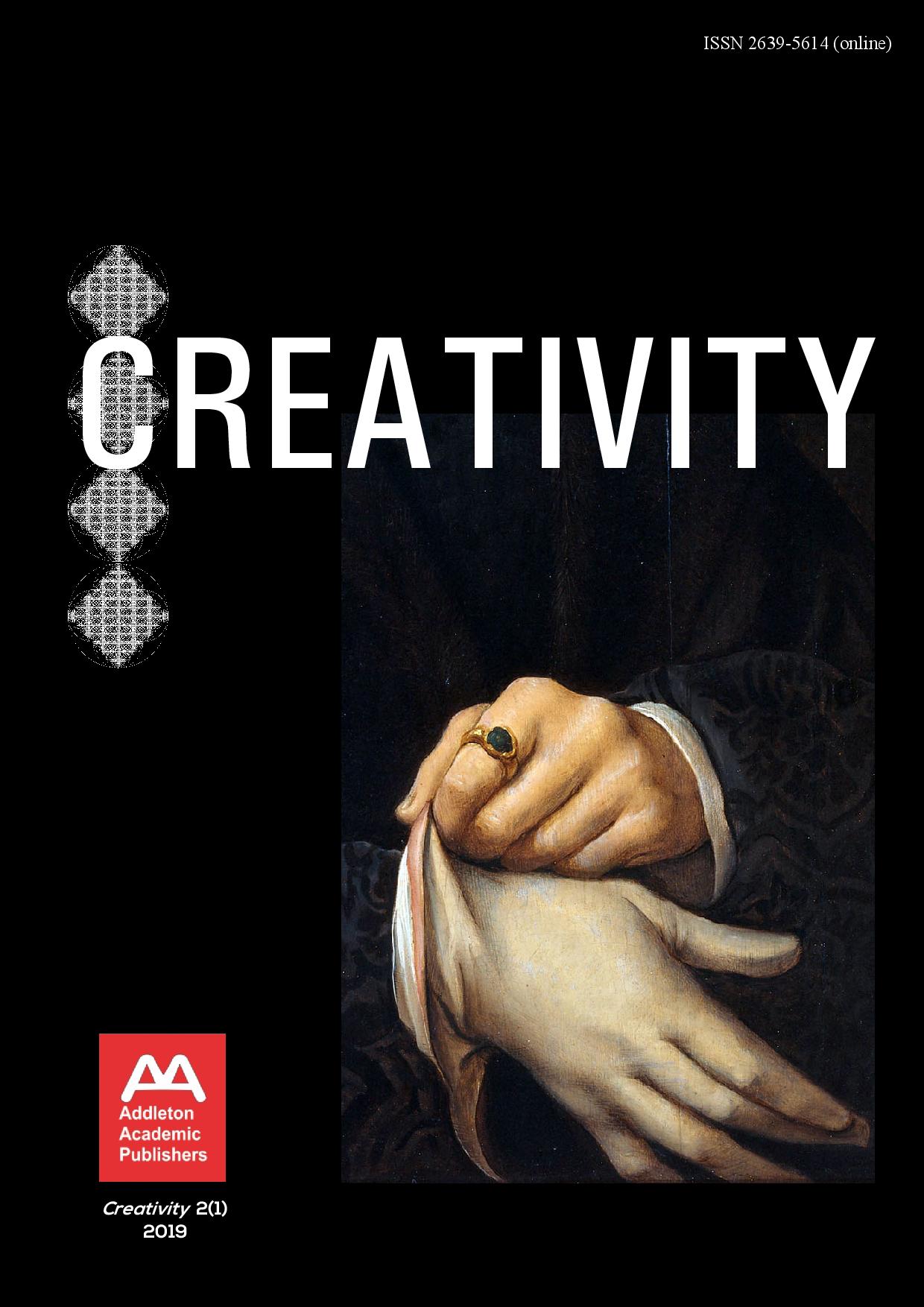The creative faculty in romantic poetics and poetry: Wordsworth and Lord Byron
The creative faculty in romantic poetics and poetry: Wordsworth and Lord Byron
Author(s): Ioan Aurel PredaSubject(s): Poetry, British Literature
Published by: Addleton Academic Publishers
Keywords: imagination; vision; sensibility; nature; unity; essence; solitude; epiphany; truth;
Summary/Abstract: The romantics revolutionized world literature when they undertook the project of fully identifying with the unity of being – a dangerous way, tasted, among others, mostly and fully by poets like Wordsworth, Coleridge, Keats, Blake, P. B. Shelley, and Byron. All of these, in their own way, took the literary world by storm, because theirs were original new modes of writing literature, in which the whole of their being was involved: reason and emotion, love and hate, and all other conceivable opposites were called forth for the birth of a new mentality, organic in its nature – a new sensibility, striving towards originality and uniqueness, but paradoxically at the same time also towards universality. The pride of the romantics meant the full unbound blossoming of man’s demiurgic creative powers, with no limits set to the power of empathy, hierophany, visionariness, and genius. These had belonged all too much to the otherworldly, divine; now the romantics reclaimed them as fatefully theirs, no matter the consequences. In the following study Wordsworth and Byron are under focus regarding the question of the creative faculty (imagination, invention, ingenuity, etc.) as the medium by which the revolutionary romantic dream was to become a reality.
Journal: Creativity
- Issue Year: 2/2019
- Issue No: 1
- Page Range: 3-69
- Page Count: 67
- Language: English
- Content File-PDF

